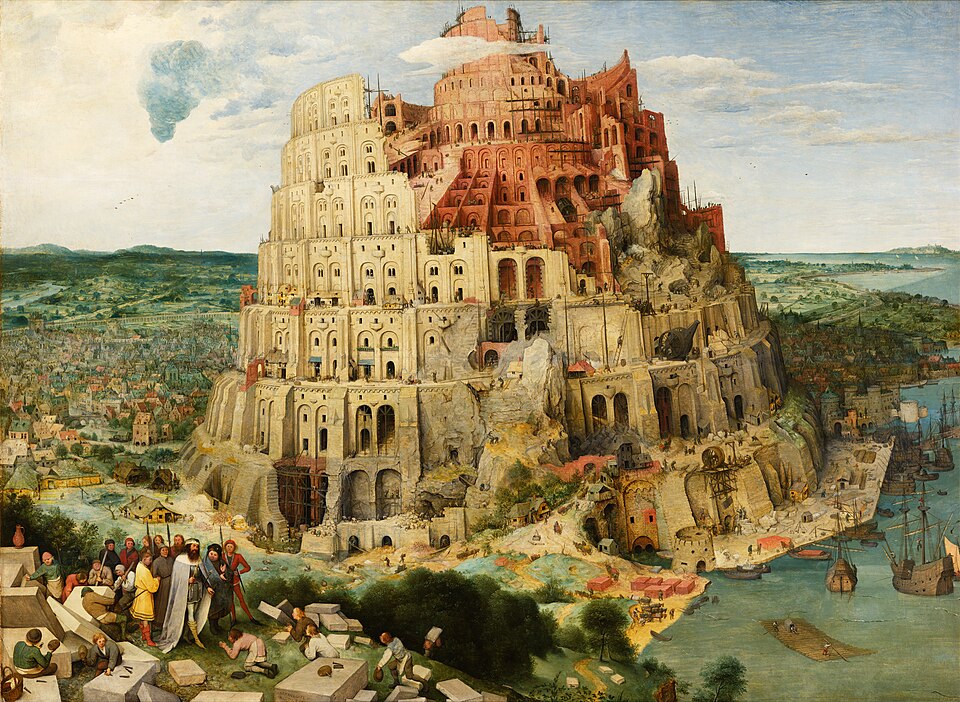Richest Man in Babylon and Wealth Creaction
The Richest Man in Babylon teaches us about wealth creation. Few books have stood the test of time like George S. Clason’s financial classic. Written in 1926, nearly a century ago, The Richest Man in Babylon teaches us that wealth creation is not about chance. It’s about principles. It isn’t based on trends, apps, or markets. It’s based on human behavior.
Through meaningful parables set in ancient Babylon, each story reveals a core lesson that still applies today. The subject of Babylon has been tampered with over millennia. The story of the people of Babylon from the Old Testament can be read differently here.
At its core, this classic teaches that wealth creation is not about luck or inheritance. It’s about discipline.
This article is about The Richest Man in Babylon and wealth creation through simple, human principles.
1. The Man Who Desired Gold
Bansir, a chariot builder, wonders why he works hard but remains poor. He seeks advice from his wealthy friend Arkad, who reveals the first principle of wealth.
Pay Yourself First
Always save at least 10% of what you earn. Before you pay your bills, buy groceries, or go out to dinner—set aside at least 10% of every dollar you earn.
This simple habit, over time, creates momentum. You’re not just saving money; you’re training yourself to build wealth.
2. The Tale of The Clay Tablets
A series of tablets found in the ruins of Babylon reveal how a man tracked his spending to escape debt and regain financial control.
Live Below Your Means
Control your expenses. Don’t let desires outpace income. The book reminds us that luxuries easily become necessities. Learn the difference between wants and needs.
Just because your income increases doesn’t mean your spending should.
3. The Story of Arkad’s Investments
Arkad explains how he invested his savings and allowed it to multiply through wise decisions, not by hiding it or spending it.
Make Your Money Work For You. Invest Wisely.
Invest your savings so they generate ongoing income. Your gold should multiply. Money sitting in a drawer loses value. Money invested well grows and works for you, even while you sleep.
Don’t gamble. Invest in things you understand or seek guidance from those with proven results.
4. The Gold Lender of Babylon
Rodan, a spear maker, receives gold and considers lending it to his sister’s husband. Mathon, a money lender, advises him to protect his treasure and only lend to those with proven ability.
Avoid Risky Investments. Avoid Risky Schemes.
Preserve your capital by only investing where the risk is low and the borrower is trustworthy. If it sounds too good to be true, it probably is.
The Richest Man in Babylon warns against putting your savings into unfamiliar or speculative ventures. Preserve before you pursue.
5. The Walls of Babylon
The people of Babylon trusted their massive walls to protect them from enemies. Similarly, we should build a financial fortress.
Build Stability Through Ownership
Own your home or create long-term foundations to protect your financial future. Clason encourages owning your home. Not because of pride, but for financial grounding.
Home ownership is seen differently today. However, the core idea is timeless: put your money into things that give back, not just drain your wallet.
6. The Luckiest Man in Babylon
Old Kalabab tells how those who prepare wisely for the future appear “lucky” in the eyes of others. Success however is no accident.
Plan for the Future. Plan for Retirement and the Unexpected.
Save and invest with the future in mind. Think of retirement, family, and emergencies.
Don’t just focus on building for now. Build for later. Build for your family, for emergencies, for freedom. True wealth means you’re not dependent on a single revenue stream forever.
7. The Five Laws of Gold
Arkad teaches his son Nomasir how to apply wealth-building rules by giving him a bag of gold and a clay tablet inscribed with five financial laws.
Increase Your Ability to Learn. Invest in Yourself.
Invest in knowledge and skill to grow your income potential over time. Your earning power is your greatest asset. Learn new skills. Master your craft.
The more value you bring to the world, the more wealth naturally flows back to you.
Conclusion: Richest Man in Babylon and Wealth Creation
The Richest Man in Babylon proves that building wealth isn’t reserved for the rich. Wealth creation is for the disciplined, the intentional, and the patient. You don’t need to earn millions. You need to keep a portion of what you earn, protect it, and make it grow.
Wealth is Built, Not found.
The beauty of The Richest Man in Babylon is in its simplicity. Each story is a window into human behavior, and each lesson is a timeless step toward financial independence. Wealth is not built in a day, and it doesn’t come from wishing. It comes from repeating small, wise financial behaviors every single day. Start with what you have. Keep 10%. Spend with clarity. Invest with intention. You don’t need complex tools to build wealth. All you need is discipline, patience, and discernment.
A part of all you earn is yours to keep.
Sources
- Clason, George S. The Richest Man in Babylon. New York: Signet, 1955.

